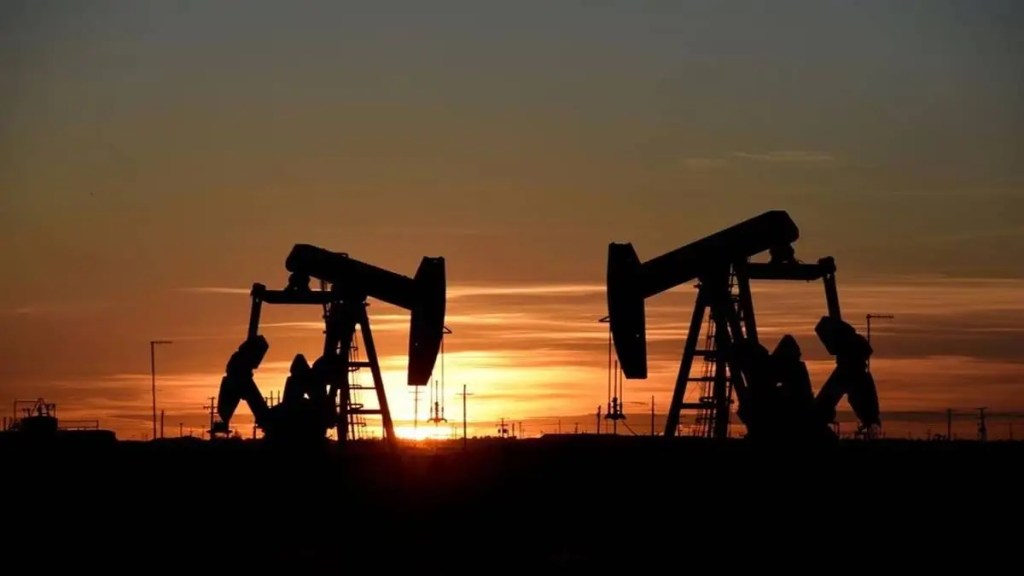Global oil prices rose briefly by more than 2% before dipping back to lower levels after the meeting of the oil cartel Opec (together with allies like Russia), in which Saudi Arabia pledged voluntary cuts of one million barrels a day initially for July according to its energy minister Prince Abdulaziz bin Salman. The other members of the grouping have been spared any reductions this year beyond the 1.6 million b/d agreed upon in April and 2 million b/d last October. This amounts to a substantial reduction of 4.6 million b/d to shore up oil prices that have been flagging for various reasons, including slower global growth prospects. Even after Opec’s production cuts in April, oil prices rose close to $90/barrel but retreated to lows of $72/barrel last week. From highs of $100.94 a barrel in 2022, the benchmark Brent crude prices are expected to average $78.65/barrel this year and $74.47/barrel in 2024, according to the US Energy Information Administration.
Saudi Arabia intends to reverse this downslide by significantly reducing its output to 9 million b/d in July, while its capacity is 12 million b/d. There is also a larger dynamic at work as the kingdom wants Opec back in control of the global oil market to exercise pricing power. It has huge stakes in higher oil prices, with $80/barrel plus needed to balance its budget and to fund its modernisation plans.
But that scenario is not in prospect as there is a glut in global oil supplies relative to demand this year and in 2024. For Opec and its allies’ plans to succeed, cartel discipline is necessary. But that is not a given as different members have their own compulsions to boost output. Russia, the world’s second-largest exporter, is selling as much oil as it can to fund its war in Ukraine. UAE, the fourth-largest producer in the larger grouping, seeks a higher production quota and even clashed with Saudi Arabia in this regard a couple of years ago. It has a voluntary production level of 2.87 million b/d but wants to produce up to 4 million b/d. Its production limit was raised to 3.2 million b/d for 2024 at the recent meeting of the cartel. Angola wants to reverse the recent decline in its oil production and boost exports in July to 1.24 million b/d, the highest level since October 2020, but its production has been restricted to 1.28 million b/d next year. The larger grouping therefore is far from unified to curb production to prop up global oil prices. If cartel discipline breaks down, this state of affairs will only contribute to higher supply vis-à-vis demand and exert further downward pressure on prices.
The efforts of the Saudi-led oil cartel and its allies to curb output and exercise pricing power are not good news for developing countries like India, which import the bulk of its oil requirements. This makes it more difficult for it to ensure its energy security. Although the likelihood of lower global oil prices may be welcome, the big question is for how long would cheaper oil flow from Russia on which the country is highly dependent? Simply put, there is no alternative to boosting domestic production of oil over the medium-term as the outlook of the global oil market remains uncertain.

